In this opinion piece, Amir Khadir, spokesman for the Québec Solidaire party and member of the National Assembly of Quebec, reviews Canada’s situation one year after the terrorist attack that took place against a Quebec mosque, and that caused six deaths and nineteen injured. As he reflects, even though the country’s social situation is far better than that of the rest of the West, and far-right movements continue to be a marginal minority, that doesn’t mean they shouldn’t address the risk islamophobia and racism pose to the country’s values.
It’s been a year since the Quebec City mosque attack left six dead and 19 wounded, and members of a minority community terrified that such an attack could occur again.
Quebec has responded with justice and dignity. Even radios-poubelles and some of their hosts, who’ve been widely accused of fuelling hatred against immigrants and Muslims, rushed to show solidarity. (Of course, one day we will have to examine the responsibility of station owners, who are making a buck by fuelling resentment, if not outright hatred).
Since these events, and even prior to them, a thorny, nagging question has been a subject of debate:
Does Islamophobia exist in Quebec?
A teacher who immigrated from the Mahgreb, and was a family member of one of the shooting victims, confided to television journalist Denis Lévesque, “Personally, we haven’t been victims of Islamophobia. … In Quebec, I’ve been assaulted by Muslims, not Quebecers.” She even stated that calling for a Day of Action against Islamophobia would be “interfering in the affairs of Quebec.”
No, Quebec as a whole is not Islamophobic, just as Quebecers are not all racist or xenophobic. But unfortunately, in Quebec, as elsewhere, there are racists and xenophobes.
I sympathize with the teacher, who I imagine wishes to avoid fuelling resentment or offending those who have shown generosity toward her and her family by welcoming them to Quebec.
But are we doing Quebec a favour by obscuring what’s happening? While it’s justified to resist portraying all of Quebec as sharing the terrible worldviews and actions of a small number of xenophobes and racists, should it stop us from calling a spade a spade?
No, Quebec as a whole is not Islamophobic, just as Quebecers are not all racist or xenophobic. But unfortunately, in Quebec, as elsewhere, there are racists and xenophobes.
I mention elsewhere because when we think of the United States or certain European countries, we can say we are lucky to have what is, on the whole, a tolerant society.
But Quebecers’ expectations should be higher than simply to be better than our neighbours to the south, where the rise of white supremacists, galvanized by their president, is disturbing. It’s essential that we have the courage to recognize the problems in plain sight.
A problem to tackle
The courage to recognize that the delusional ideas of the accused, Alexandre Bissonnette, who suggested that “whites are at risk of being marginalized in Quebec,” unfortunately are shared by others among us.
The courage to recognize that Bissonnette isn’t the only one who had expressed admiration for Trump and Le Pen, both of whom have found political success in conveying the Islamophobic idea that the mere presence of Muslim minorities is a threat to Western society.
The courage to recognize that there is an openly racist and dangerous minority among us, such as the group Atalante, which displays its neo-Nazi convictions and labels an immigrant like myself a “parasite” on signs posted on the streets of Montreal.
The Quebec of which we can all be proud must find the courage to admit the problem of rising xenophobia and Islamophobia, which today is enabling such groups to organize rallies inciting hatred against immigrants.
Criticizing Islam in a debate of ideas is not the same as Islamophobia. Nor is it Islamophobic to criticize Muslims or anyone else in society — if it’s criticism for what they do, rather than who they are. But influential people are portraying Quebecers of North African or Muslim origin as a threat to the survival of our nation! This is Islamophobia, and we must have the courage to recognize it.
We must find this courage so that we won’t see the National Assembly or our political elites being so chilly toward the idea of a structured, formal debate on systemic racism in a parliamentary commission.
Whether we name them or not, these problems exist. They risk growing if we don’t find the words and courage to say “Islamophobia” out loud.
Source: Montreal gazette

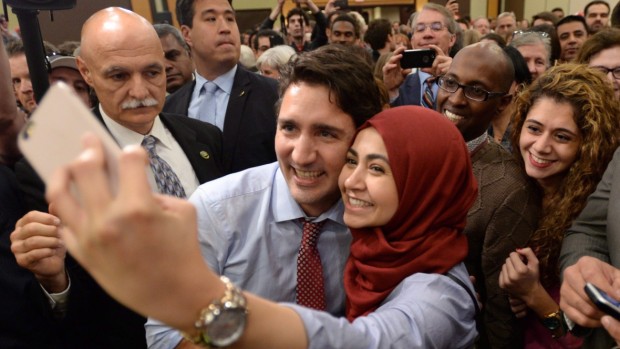
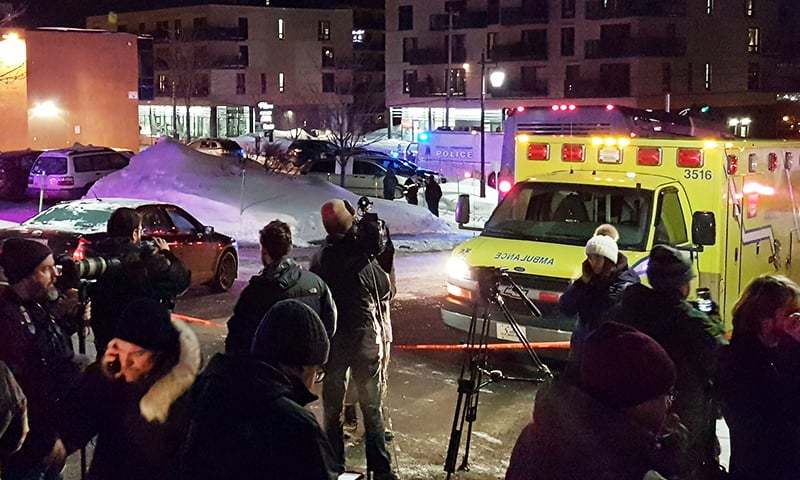
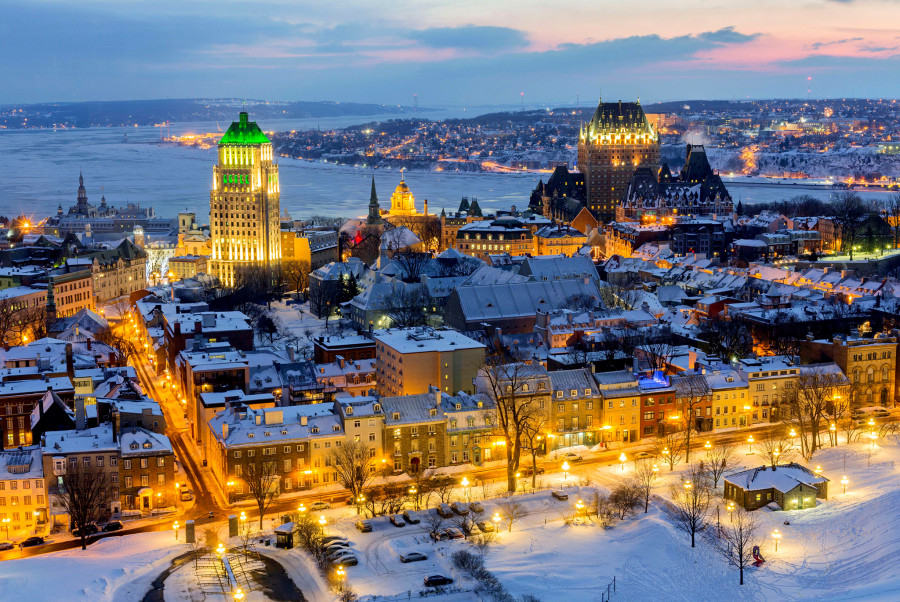
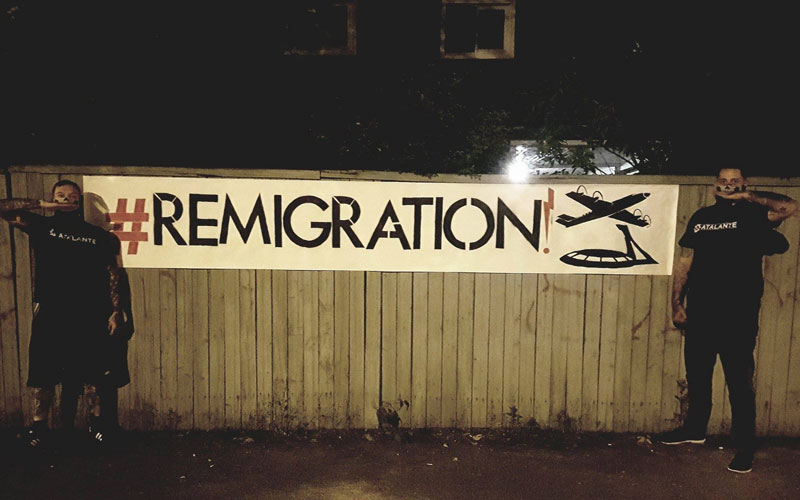

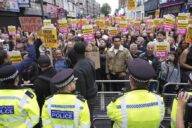

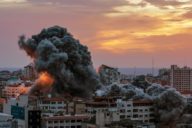









No Comments